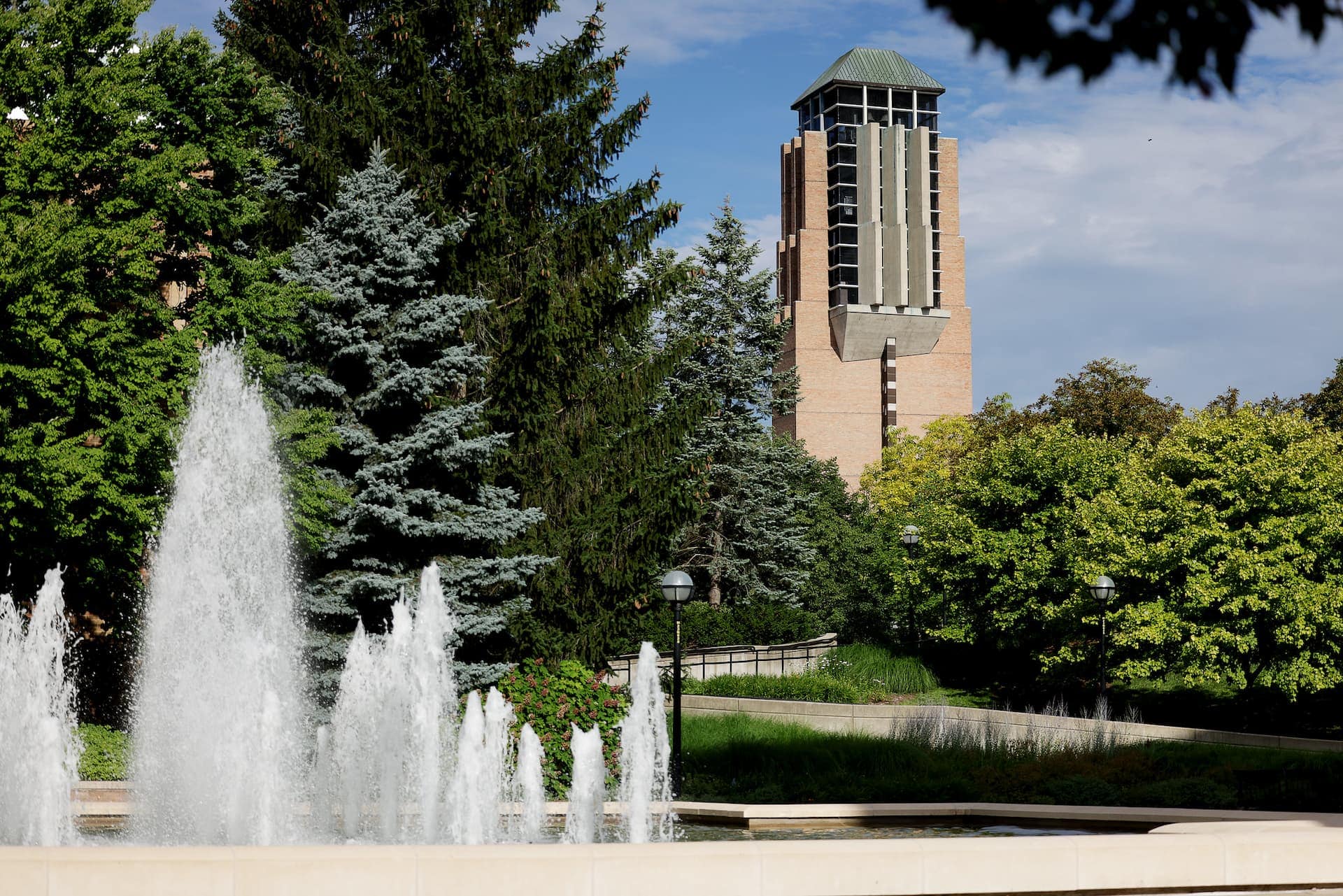
Twelve NSF CAREER awards received by early-career engineers
The five-year grants will support projects including energy-saving algorithms, underwater robot navigation and flexible wearable electronics.

The five-year grants will support projects including energy-saving algorithms, underwater robot navigation and flexible wearable electronics.
Twelve Michigan Engineering faculty members received National Science Foundation CAREER awards—among the agency’s most prestigious awards in support of early-career faculty—in the 2023 funding cycle.
This year’s NSF CAREER success rate was 52%, with 12 CAREER awards and 23 applications.
“The innovative spirit of our early-career faculty is truly remarkable. Their CAREER awards recognize not just individual talent, but the transformative potential of their ideas. Our CAREER awardees continue to push boundaries in their fields and shape the future of engineering at Michigan and beyond,” said Eric Michielssen, associate dean for research at Michigan Engineering and the Louise Ganiard Johnson Professor of Engineering in electrical and computer engineering.
Recipients are:
Solomon Adera, assistant professor of mechanical engineering, for the project titled, “Drop impact dynamics and fingering on thin liquid films.” Adera will investigate what happens when a drop hits a thin liquid film, less than one-thousandth of a millimeter thick. Understanding mechanisms behind drop impact has broad technological implications in agriculture, inkjet- and microelectronics printing, spray coating, combustion, energy generation and forensic science. Read more from ME.
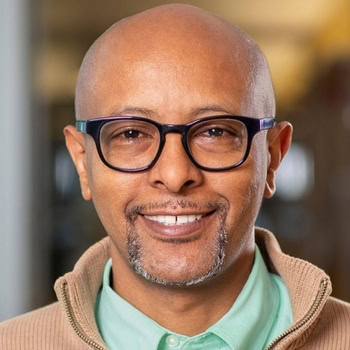
Michał Dereziński, assistant professor of computer science and engineering, for the project titled, “Leveraging randomization and structure in computational linear algebra for data science.” Dereziński’s project aims to design more efficient algorithms for computational data science applications by bridging the gap between theory and practice in using randomization to handle ever-increasing data sizes. Research outcomes will have an impact wherever large data sets are leveraged to understand trends and solve problems, such as in healthcare, climate change and urban planning. Read more from CSE.
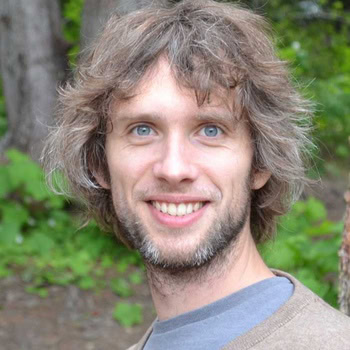
Jon Estrada, assistant professor of mechanical engineering, for the project titled, “Informed testing: From full-field characterization of mechanically graded soft materials to student equity in the classroom.” Estrada’s goal is to improve methods for testing stretch properties of mechanical gradient soft materials—flexible materials that occur in nature such as ligaments attaching to bones. Results will help engineers customize this type of material for use in soft robotics, impact absorption or biomedical devices. Helmets are an example of an application of hard-to-soft gradient material for shock absorption. Read more from ME.
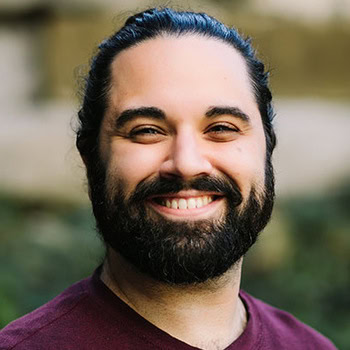
Salar Fattahi, assistant professor of industrial and operations engineering, for the project titled, “Blessing of nonconvexity in machine learning – Landscape analysis and efficient algorithms.” Fattahi is working to design reliable and efficient computational methods for training nonconvex models in machine learning to lessen computational costs. The efficiency and reliability of these methods could enable domain experts and practitioners to use them seamlessly in their related fields, even with limited computational resources and energy budgets. Read more from IOE.
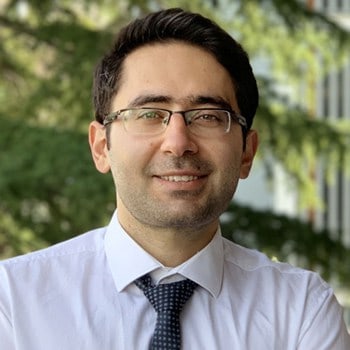
Nima Fazeli, assistant professor of robotics and mechanical engineering, for the project titled, “Dexterous multimodal object manipulation and the curious case of tactile shadows.” Fazeli’s research project works towards realizing intelligent and dexterous robots that seamlessly integrate vision and touch. With a specific focus on tool use, Fazeli’s team will develop methods to enable robots to sense the tool it is grasping and adeptly manipulate the tool to perform a variety of skills, such as helping in the kitchen for assistive care. They will achieve this goal using sensory-motor perception and control algorithms for dexterous object manipulation with visual and high-resolution tactile feedback. Read more from ROB.
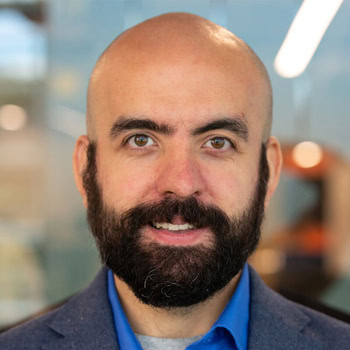
Xiwen Gong, assistant professor of chemical engineering and electrical and computer engineering, for the project titled, “Controlling the deformability of quantum dots solids for wearable NIR optoelectronics.” Gong’s project seeks to understand how colloidal quantum dot solids—light-emitting nanomaterials that could be used for wearable devices—change in response to stress or deformation to ensure the material can adapt to natural movements of the skin. Results could inform breakthroughs in flexible electronics for healthcare, soft robotics and more. Read more from ChE.
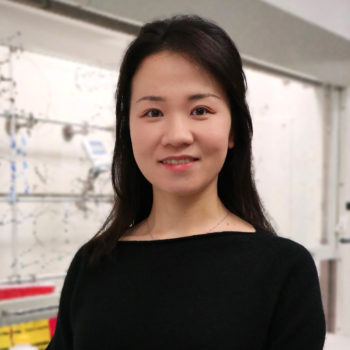
Paul Jensen, assistant professor of biomedical engineering and chemical engineering, for the project titled, “Learning mechanistic models with automated experiments.” The goal of Jensen’s project is to build models to better understand the thousands of understudied microbes that live on and around us. He will leverage artificial intelligence and automated wet experiments to help understand microbe function and ability to adapt to certain environments. Read more from BME.
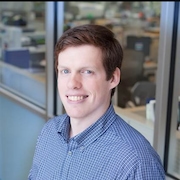
Maggie Makar, assistant professor of computer science and engineering, for the project titled, “From fragile to fortified: Harnessing causal reasoning for trustworthy machine learning with unreliable data.” Makar will develop machine learning methods able to work with imperfect data by leveraging causal reasoning, overcoming a major machine learning limitation. She plans to apply improved models to clinical settings, particularly for the management of chronic pain. Read more from CSE.
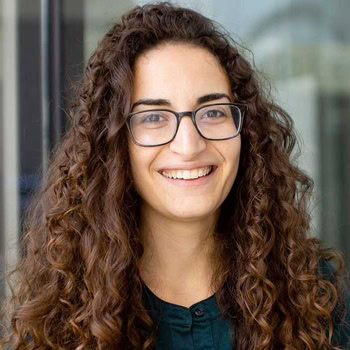
Rachel O’Brien, assistant professor of civil and environmental engineering, for the project titled, “Multi-generational aging of atmospheric organic mixtures.” O’Brien’s project aims to understand long-term chemical changes that take place in mixtures of atmospheric organic aerosol—fine particulate matter in the atmosphere composed of organic compounds from both natural and human activities which have large impacts on climate, air quality and human health. She will develop a more accurate way to estimate the fraction of carbon emitted into the atmosphere that stays in the condensed phase, both in aerosol and in surface films, as the aerosol ages. This includes investigating the aging process for components of urban grime, including food cooking organic aerosol films.
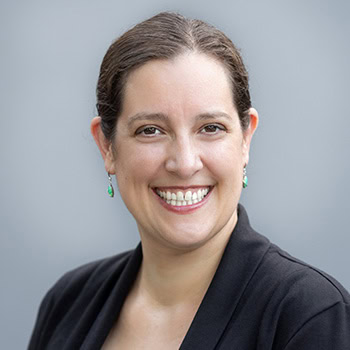
Andrew Owens, assistant professor of electrical and computer engineering, for the project titled, “Learning multimodal representations of the physical world.” Owens will work towards giving machine perception systems the ability to form associations using multiple sensory modalities, such as the ability to predict how an object will feel or sound based on sight. The project aims to develop a perception system that can learn material properties and microgeometry using 3D models that combine visual, touch and sound sensor data and an understanding of how the senses interact. Read more from ECE.
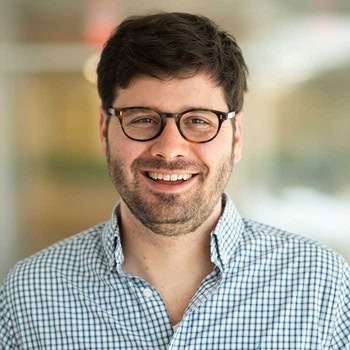
Katherine Skinner, assistant professor of robotics and naval architecture and marine engineering, for the project titled, “Adaptive multimodal fusion for robust robot perception in underwater environments.” Marine robotic systems can help navigate historic shipwrecks, maintain underwater infrastructure or even aid emergency response, but the complex nature of underwater sensing poses unique challenges to robot perception. Skinner’s project aims to improve marine robotic systems to map, visualize and navigate underwater sites autonomously. She will leverage innovative machine learning methods to capture a robot’s marine surroundings and pinpoint its location by combining acoustic and visual information. Read more from ROB.
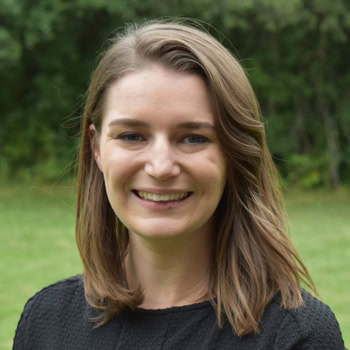
Vasileios Tzoumas, assistant professor of aerospace engineering, for the project titled, “Scalable and reliable coordination in embodied intelligent networks: A submodular optimization and online learning perspective.” Tzoumas will work to lay the theoretical and algorithmic foundations to establish scalable and reliable coordination among networks of autonomous agents—software programs that can perform tasks while interacting with the environment and other systems while leveraging suggested commands from human operators. The project aims to provide practical methods for distributed intelligence of future embodied intelligent networks like connected autonomous vehicles or multi-robot networks.
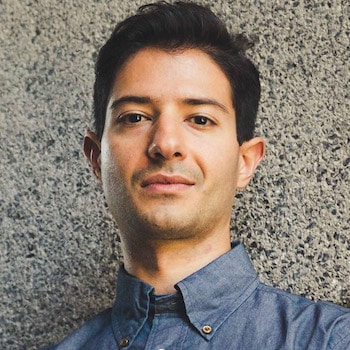
For faculty members preparing CAREER proposals for the next funding cycle’s July 23, 2025 deadline, the Office of the Associate Dean of Research and Research Development is kicking-off workshops and consulting sessions in partnership with other departments on campus to ensure the proposals are as competitive as possible.